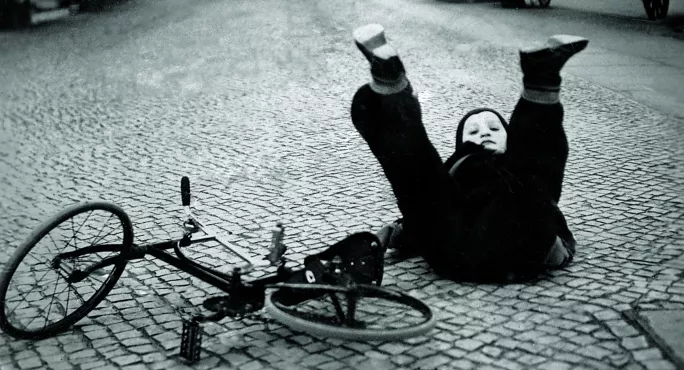It’s sometimes said that nothing worth having comes easy.
As a pedantic bore, I can’t help but think that might not be quite true.
A cup of tea. Sleep. A Netflix binge. All worth having; all rather easy.
Quick read: Why you can’t teach teachers the same way as children
Quick listen: 3 myths about project-based learning
Want to know more? Why schools should teach pupils how to lie
But, as a teacher, I have to admit that there might be something to the idea.
I’ve tried every shortcut imaginable to help students to learn more easily. Activities, games, videos and more; enough tricks to resemble a party more than a lesson (albeit perhaps not the most exciting party, unless you’re Monica from Friends).
While making learning more “fun”, they did not make it more effective.
I’ve tried turning to technology for help. In one ill-fated experiment, I used a piece of software that guaranteed results by flashing facts up on the screen so fleetingly that your conscious mind can’t even register them.
Unfortunately, it turns out your unconscious mind can’t either.
Learning and memory
I’ve tried learning the techniques of memory champions and teaching those to my students. But unless exams become about remembering the order of a pack of cards, those techniques won’t provide any kind of quick fix.
So where to turn? Well, as much as it pains me to say, (especially in this “on demand” age where we tend to want everything quicker and easier), the truth is that learning is most effective when it is not easy.
What research has shown us is that the most effective learning depends on something known as desirable difficulty. We remember things better if we’ve had a harder time learning them.
The term is associated with psychologist Robert Bjork, but has been proven by numerous others. It’s been shown that we remember more when we have to work things out through an active process like a puzzle than when we just passively read it (McDaniel et al., 1994).
It can help to learn from material that’s less clearly organised (McNamara et al., 1996). It can even be beneficial to use fonts that are slightly harder to read - much to the chagrin of Comic Sans-loving teachers like me (Diemand-Yauman, Oppenheimer and Vaughan, 2011).
Testing, testing
And the real kicker? What’s essential to effective learning? It’s the hardest method of all, so often derided as the enemy of school children everywhere: testing. Yes, testing. Sorry.
Agonising though it may be, there is no better way to create that desirable difficulty so important for long-term memory than by testing yourself.
What this really means is not necessarily formal exams but so-called retrieval practice. As the name suggests, this is where you practise retrieving memories - focusing on getting information out of your head rather than into it.
There are a variety of ways to do this. Complete past papers or plan answers to possible questions. Try using flashcards.
Or have a go at explaining the topic you’re trying to learn out loud, even if only to yourself (best done alone, unless you think it might be kind of fun to be seen as mad).
Or my favourite method: write what you know on a blank piece of paper. Then look at your notes to remind yourself what you’ve missed. Then put them away and add more.
It’s not easy to remember everything when you’re staring at a blank piece of paper. But if you’ve been paying attention, that’s the point. The harder it is to dig out a memory, the better it is for learning.
Jon Tyler is deputy head (academic) at Dauntsey’s School in Wiltshire


